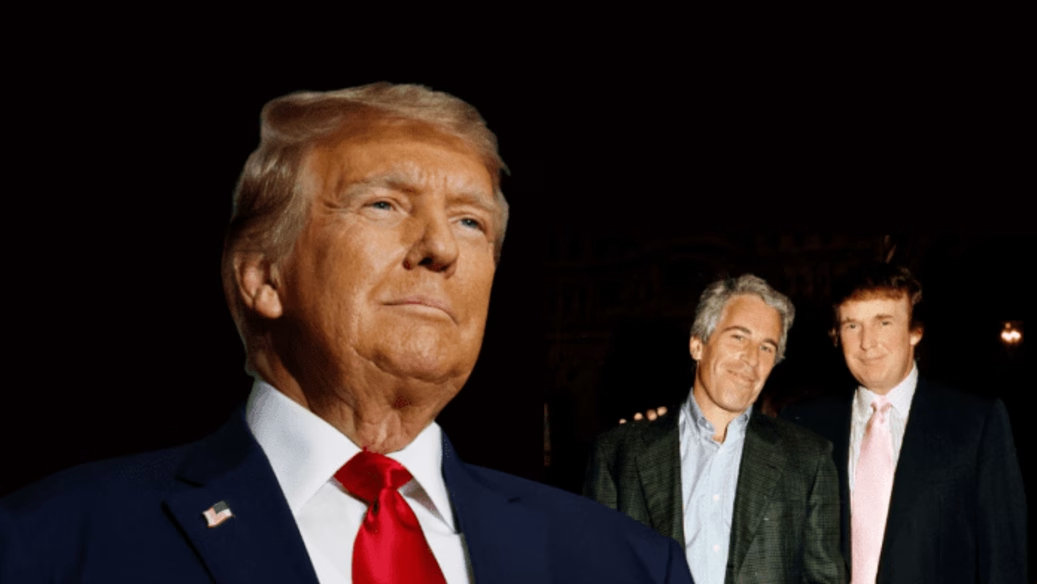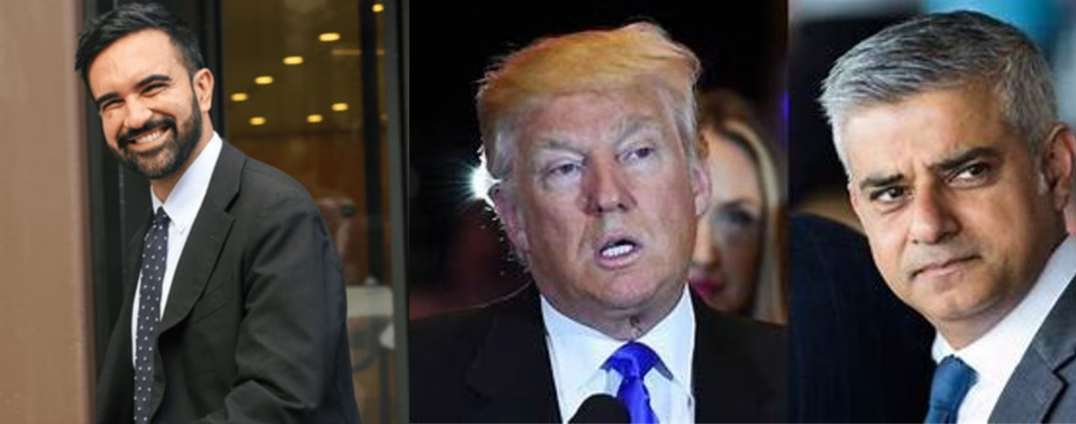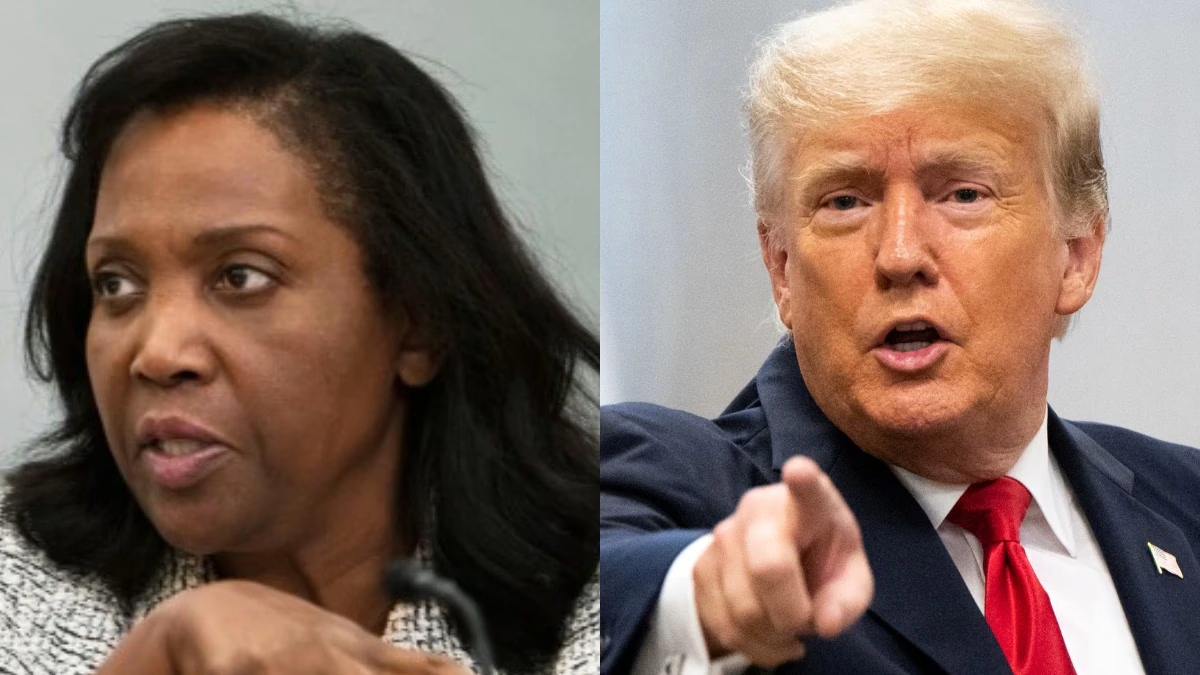By Don Terry | Tuesday, September 09, 2025 | 5 min read
A recent poll has stirred outrage and disbelief, revealing just how deep the loyalty to Donald Trump runs among his supporters. According to the survey, nearly half of Republicans—47 percent—say they would still back Trump even if he were proven guilty of serious crimes connected to Jeffrey Epstein. Put simply, almost one out of every two Republicans admitted they would stand by the president even if he were exposed as a convicted sex offender. The number is not only shocking but raises profound questions about politics, morality, and the future of American democracy.
The idea that a political figure could maintain support after such revelations would normally seem unimaginable. But Trump is not a normal political figure. Since entering the national stage, he has thrived in controversy, feeding off scandals that would have destroyed the careers of others. The results of this poll seem to confirm what many critics have suspected for years: Trump’s base is not merely loyal, it is fiercely devoted, to the point where legal or moral boundaries do not matter.
This level of allegiance is not entirely new. Trump himself once bragged during his 2016 campaign that he could “stand in the middle of Fifth Avenue and shoot somebody” and not lose voters. At the time, many dismissed it as a characteristic exaggeration, just another wild claim meant to grab headlines. Yet here we are, nearly a decade later, facing evidence that his supporters really do believe he is untouchable. If someone can openly admit they would still support him even if he were a convicted pedophile, what line is left to cross?
It’s hard to imagine how people reconcile this stance with their values. For years, the Republican Party positioned itself as the party of “family values,” often condemning opponents as morally corrupt or unfit for leadership. Yet the willingness to overlook even the most horrific allegations against Trump suggests that, for many, political identity now outweighs moral conviction. It doesn’t matter what he does, so long as he represents their anger, their frustrations, and their version of America.
The poll also raises important questions about how it was conducted. Were the respondents truly representative of Republicans across the board, or was it mostly hardcore Trump supporters? It’s difficult to know without looking deeper at the methodology. Still, the fact that nearly half of respondents gave such an answer cannot simply be brushed aside as fringe. Whether or not the poll skewed toward the MAGA wing, the results capture something undeniable: Trumpism has reshaped the Republican base in ways that defy traditional political logic.
To many Americans outside of Trump’s orbit, this loyalty feels dangerous. If someone can look past crimes as severe as sexual exploitation of minors, what else would they be willing to ignore? Corruption? Abuse of power? The undermining of democracy itself? We have already seen some of this play out, most notably on January 6, when thousands stormed the Capitol at Trump’s urging. The riot was fueled by the same blind allegiance—a refusal to let facts or laws override devotion to a leader.
At the same time, one has to wonder whether some of these responses are less about Trump himself and more about the polarization of modern politics. Many Republicans may not literally condone the crimes in question, but when faced with a poll that frames support for Trump against opposition to Democrats, they choose him out of defiance. It becomes less about his actions and more about sticking it to the other side. This mentality, however, is no less troubling, because it suggests that even the gravest issues of morality and justice are now reduced to partisan loyalty tests.
The long-term consequences of this kind of devotion are unpredictable but potentially severe. A democracy cannot function if nearly half of one party’s base admits they would tolerate criminal behavior from their leader. Accountability is meaningless if followers are unwilling to demand it. When politics becomes a cult of personality, the guardrails of democracy weaken, and the system itself begins to fracture.
Ultimately, the poll is less about Trump as an individual and more about what American politics has become. He may be the lightning rod, but the storm has been building for years—driven by resentment, mistrust, and division. The fact that so many people would willingly ignore the most appalling crimes should be a wake-up call. It forces us to ask uncomfortable questions about how far the country has drifted from shared moral ground, and whether there is still a line that voters, regardless of party, will not cross.
Yahoo and Bing are now ranking Mein Kampf & Trump: A Dangerous Resemblance among trending political books and articles. What’s fueling the attention? Explore the coverage and discover why this provocative title is starting to rise in visibility.
- Yahoo Ranking: https://bit.ly/4lmhSCz
- Bing Ranking: https://binged.it/41FzzW8
- Fedlan News: https://yhoo.it/41yDqUO
More From FeDlan News:
200 Executive Orders and Counting: Trump’s Pen Crushes Congress and the Constitution
The GOP Is Headed for a 2026 Brutal Midterm Loss — Even With Gerrymandering
10 Shocking Ways Donald Trump and His Administration Damaged America
Trump’s Cabinet Grovels in Marathon Meeting Like Courtiers Before a Crazy King
DOJ Fights Hard to Cover up Identities of Epstein Associates Who Pocketed $100K and $250K
Copyright 2025 FN, NewsRoom.






